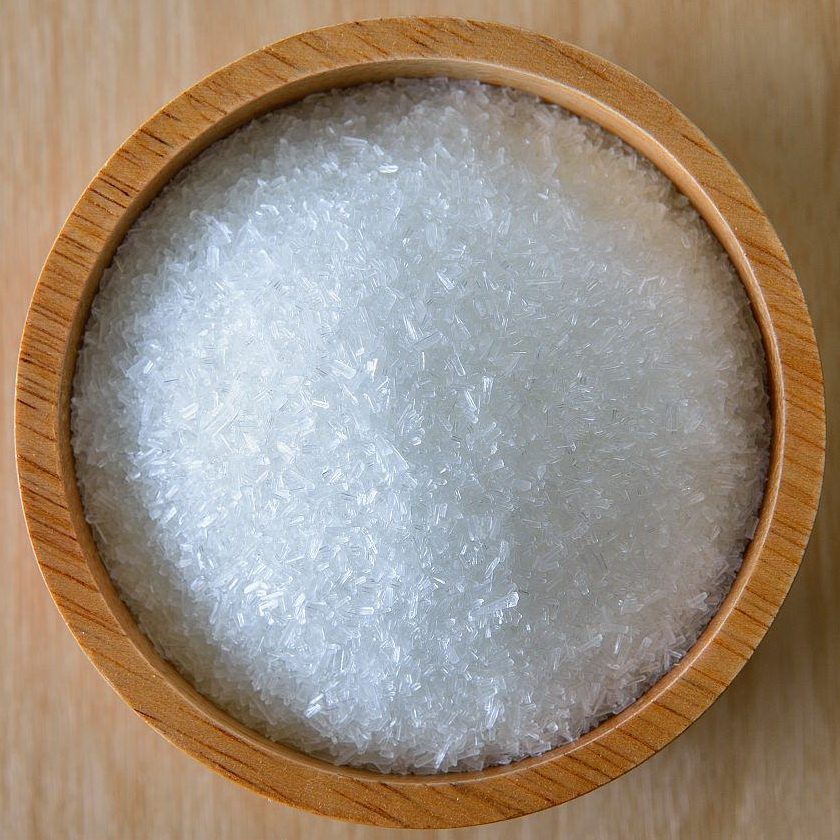L-Glutamic acid
Chemical Name L-Glutamic acid (S)-2-Aminopentanedioic acid
Molecular Formula C5H9NO4
Molecular Weight 147.13
CAS No. 56-86-0
Characteristics White crystalline powder, fairly hygroscopic, dissolves readily in water.
Quality Standards AJI92 / AJI97
Application & Function
L-Glutamic acid is mainly used in the production of monosodium glutamate, spices, as well as a salt substitute, nutritional supplement, and biochemical reagent. L-Glutamic acid plays an important role in protein metabolism in organisms and participates in many important chemical reactions in animals, plants, and microorganisms. It is also the most abundant excitatory neurotransmitter in the vertebrate nervous system. Glutamic acid is an important non essential amino acid, which means that the human body can synthesize sufficient nutrients for its use
The main functions of L-Glutamic acid include promoting brain function, enhancing immunity, participating in protein synthesis, regulating blood sugar, and promoting digestion.
1. Promoting brain function: L-Glutamic acid is one of the most abundant amino acids in the brain and is crucial for signal transmission in nerve cells.
2. Enhance immunity: L-Glutamic acid helps maintain the normal function of the immune system and enhances the body's resistance to external pathogens.
3. Participate in protein synthesis: As a type of amino acid, L-Glutamic acid participates in protein synthesis and plays an important role in muscle growth and repair.
4. Regulating blood sugar: L-Glutamic acid can affect insulin secretion and help maintain stable blood sugar levels.
5. Promote digestion: L-Glutamic acid can stimulate gastric acid secretion, improve digestive function, and be helpful for digestive disorders.
Package 25kg/drum




